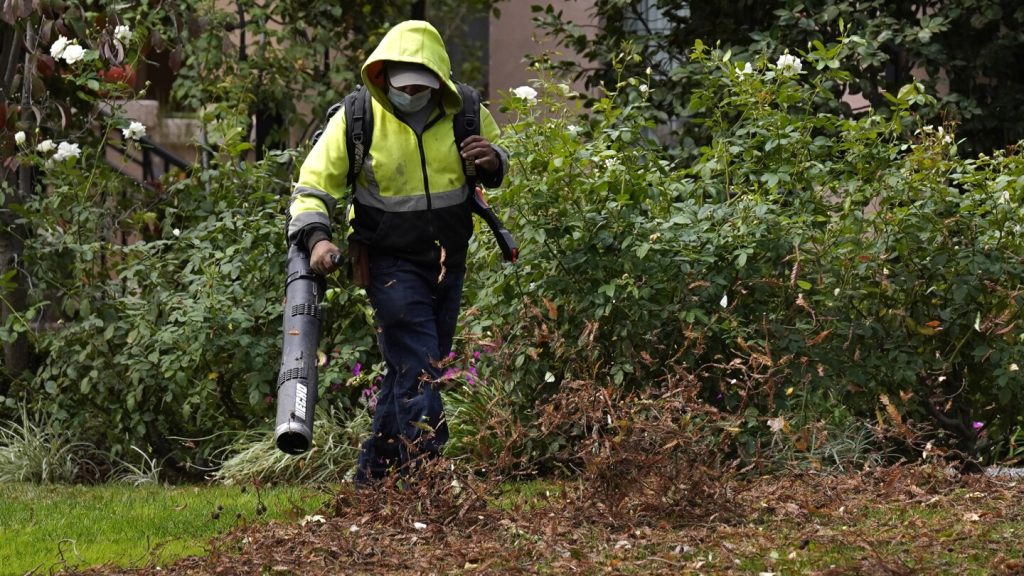The use of gas-powered leaf blowers has become a common practice in many neighborhoods, leading to noise pollution and environmental concerns. These machines can produce noise levels that exceed 100 decibels, leading to potential damage to hearing. They also emit fumes, pollutants, and stir up particulate matter, affecting air quality and potentially impacting individuals with respiratory issues or allergies. In addition, the forceful blasts from leaf blowers can disrupt ecosystems and harm wildlife, including pollinators and insects. The constant use of gas-powered leaf blowers has prompted some communities to restrict or ban their use, encouraging residents to switch to electric models through rebates or trade-in programs.
When choosing a leaf blower, it is important to consider the impact on both human health and the environment. Gas-powered models are louder and emit more pollutants than electric or battery-operated models. Electric leaf blowers produce noise levels ranging from 59 to 70 decibels, making them a quieter and cleaner alternative. In addition, electric models are less likely to disturb wildlife and ecosystems, making them a more sustainable choice. Opting for electric or cordless rechargeable leaf blowers can help reduce noise pollution, air pollution, and potential harm to wildlife.
It is important for individuals to educate themselves and others about the negative impacts of gas-powered leaf blowers and advocate for more sustainable landscaping practices. Encouraging landscapers to use electric equipment and sharing information with friends and neighbors can help raise awareness and promote change. Additionally, individuals can choose to rake leaves or use a broom on hard surfaces as alternative methods for clearing debris. Leaf sweepers, which operate like push mowers and collect leaves in an attached bag, offer a more sustainable option compared to traditional leaf blowers. By making informed choices and advocating for sustainable practices, individuals can help reduce the negative impacts of gas-powered leaf blowers on human health and the environment.
In addition to noise pollution and air pollution, gas-powered leaf blowers can contribute to soil erosion and disrupt delicate ecosystems. The forceful blasts from these machines can displace, injure, and kill pollinators and other insects, as well as disrupt the feeding, nesting, and mating habits of birds. Soil depletion caused by leaf blowers can make plants more vulnerable to disease and infestations, potentially leading to increased pesticide usage. By using sustainable alternatives such as rakes, brooms, or electric leaf blowers, individuals can help minimize these negative impacts on soil health, plant life, and wildlife.
Choosing sustainable landscaping practices, such as using electric or cordless rechargeable leaf blowers, can help minimize the negative impacts of gas-powered leaf blowers on human health and the environment. Electric models are quieter, cleaner, and less disruptive to wildlife and ecosystems, making them a more eco-friendly alternative. By spreading awareness, advocating for change, and making informed choices about landscaping equipment, individuals can play a role in reducing noise pollution, air pollution, and harm to wildlife caused by gas-powered leaf blowers. Making the switch to sustainable landscaping practices can benefit both human health and the environment, ultimately creating a healthier and more peaceful living environment for all.


